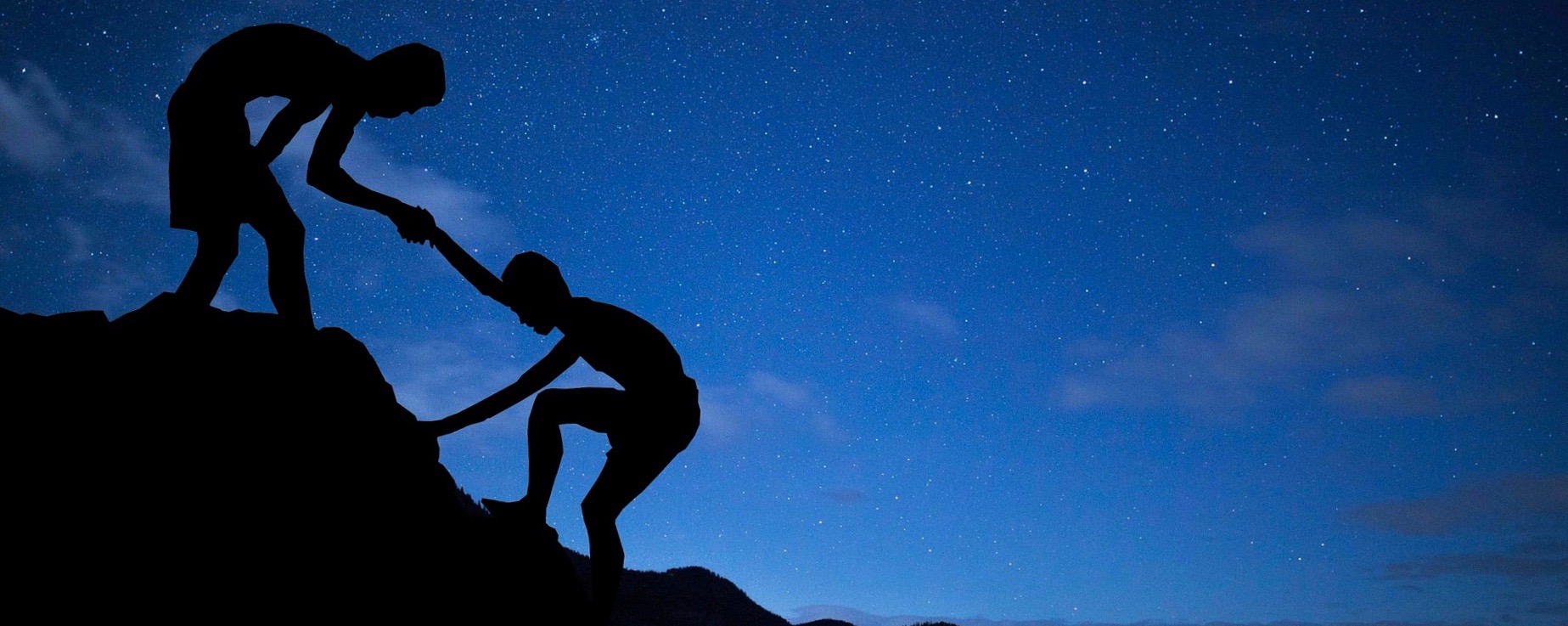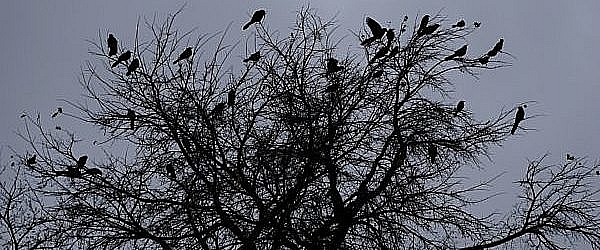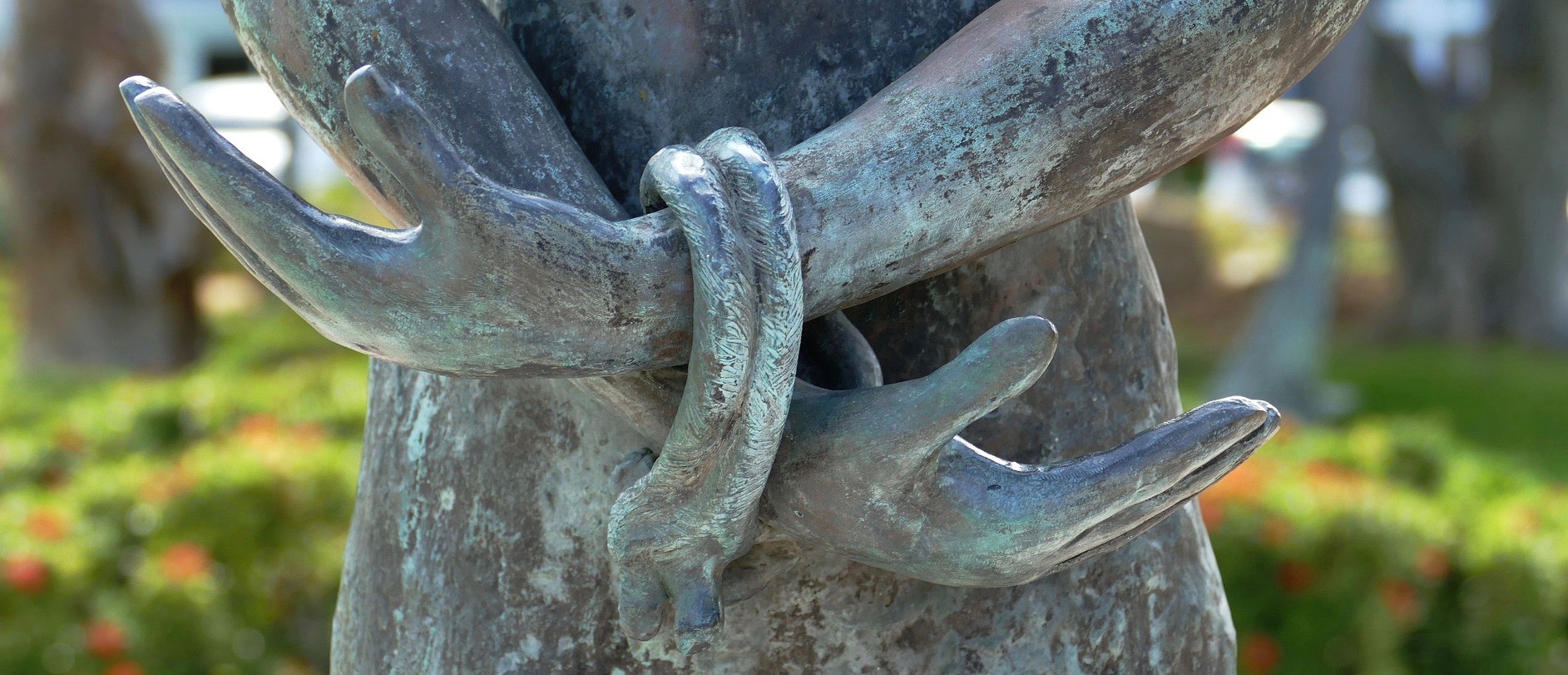
Over the past week, I have been reading Mary Shelley’s Frankenstein. I’ve seen the B movies and a very good theatrical version years ago at the St. Louis Repertory Theatre, but I’ve never read the book. It was assigned reading this year for all the first-year students at the university where I work, so I thought I would join the throng of readers.
We all read books, poems and sacred texts with different mindsets and personal histories, of course, so these words purposefully and creatively strung together by the authors affect each person differently. As regular readers of my blog no doubt know, I write often on the idea of paying attention to the world around us, of leaving ourselves open to being moved by the things in our lives and, ultimately, by the looming presence of God. So I was delighted to read this passage below, spoken by Dr. Frankenstein about his hike through the woods and mountains, during which he observed the desolation after an avalanche, dangerous and deep ravines, “somber” pines, the distant valley with mist rising off the river and the mountain summits shrouded in clouds. In short, he was paying attention and was deeply aware of the human necessity of being moved. He says:
“Alas! Why does man boast of sensibilities superior to those apparent in the brute; it only renders them more necessary beings. If our impulses were confined to hunger, thirst and desire, we might be nearly free; but now we are moved by every wind that blows, and a chance word or scene that the word may convey to us.”
Mary Shelley was still in her late teens when she began writing Frankenstein, so this kind of insight seems all the more astounding. And then the cheeky girl does a little promotion for her poet-husband, Percy Bysshe Shelley, following her own words with some of his poetry:
We rest: a dream has power to poison sleep.
We rise: one wand’ring thought pollutes the day.
We feel, conceive, or reason; laugh, or weep,
Embrace fond woe, or cast our cares away;
It is the same: for, be it joy or sorrow,
The path of its departure still is free.
Man’s yesterday may ne’er be like his morrow;
Nought may endure but mutability!
Nothing lasts, they both remind us, except for the constant changing of the world around us. And our job is to pay attention. For people who have faith in a creative and creating God, that means being ever on the watch for the stroll of God through our lives.

This weekend, Sue and I are in southern Wisconsin, and yesterday I walked through a broad swath of wildflower prairie adjacent to the place where we are staying. I stopped in amazement of what was before me: a noisy, ever-moving and always changing sea of grass, flowers, bees, birds and shifting light. When we stand in the midst of such natural glory, we stand at the center of creation, and we can begin to find our place in the world. We are human and we are loved by God, and this sets us apart from the “brute,” but nevertheless we need the rest of this to remind us of who we are and from whence we come. For this mutability continues whether we pay attention or not, but it is our calling and responsibility to pay attention. As the poet Mary Oliver writes:
Let me keep my mind on what matters,
which is my work,
which is mostly standing still
and learning to be astonished.
Here’s a 30-second visit to that wildflower prairie:




8 comments On The Creative Spirit: The Human Necessity of ‘Being Moved’
And wouldn’t it be boring if nothing did change; if we knew exactly what would be outside the door tomorrow because it was in the same place outside yesterday. Yet we as Christians believe that one thing is constant – God’s love for each and every one of us.
Thanks,Steve. You and the Paul Couthino blog from May became an unexpected addition to my prayer time this morning. My take away–One good thing MS provides is “stillness”. When I’m walking ever so slowly I do stop and pay attention. I long to be immersed in the Divine Essence Couthino writes of.
Really, all I can say is WOW! Any additional words on my part are not necessary.
Thank you for the wonderful video, biggest bees ever on the goldenrod. Added to my home screen.
Glad to be mentioned in the same sentence with Paul. He’s a wise man. Sorry it took me so long to approve this…just missed it.
Thanks, Judy.
Thanks!
Thank you so much, as usual very profound & helpful!ZHY